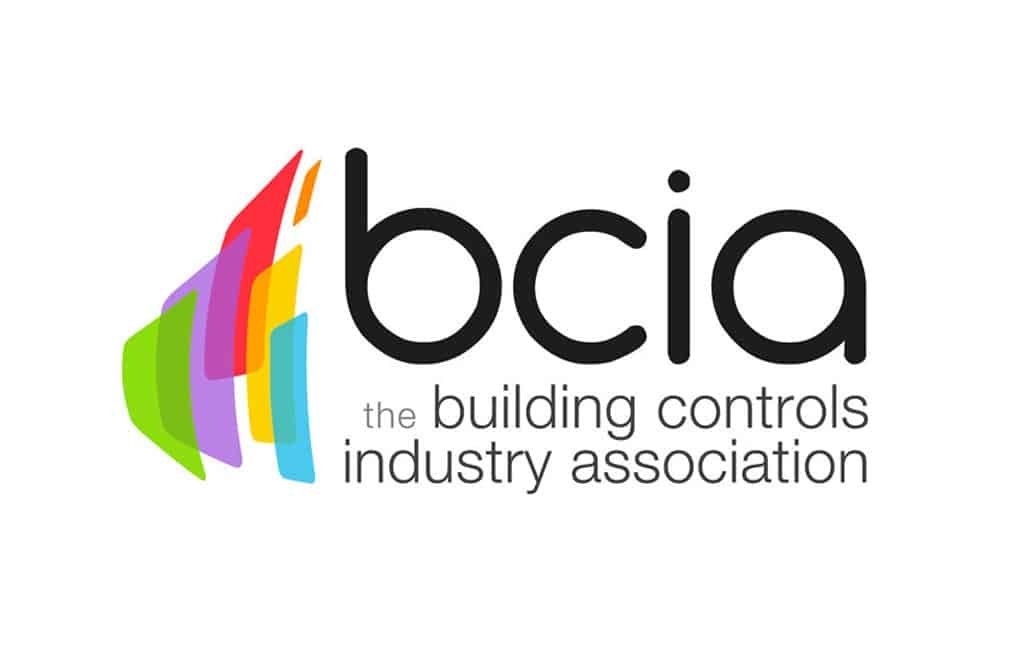BEMS sector set to see substantial uptake following new technical standards
The pilot version of the UK Net Zero Carbon Buildings Standard (UKNZCBS) – designed to offer a clear and consistent methodology for defining and achieving net zero carbon in the built environment – is set to positively impact the building energy management systems (BEMS) sector in the coming months.
While the UK government’s target of net zero by 2050 has sharpened the focus on sustainability, a lack of a unified approach has led to inconsistency and confusion around the definition of ‘net zero carbon’ in buildings. To counter that, the UKNZCBS – developed by some of the built environment’s leading organisations – provides strict but transparent guidelines to help industry professionals prove compliance and demonstrate how their assets align with the UK’s energy and carbon targets.
Setting out clear limits and metrics for embodied carbon, operational energy use, and on-site renewable electricity, the new UKNZCBS standards will exacerbate the need for property developers, building owners, and facility managers to utilise the latest advancements in technology and smart buildings – increasing the importance of BEMS.
Indeed, one of the important aspects of the UKNZCBS pilot is its emphasis on transparency and accountability. With the reporting of operational carbon under the UKNZCBS led by building performance in practice, rather than during the design stage, the regular and accurate reporting provided by BEMS will enable building owners to demonstrate their net-zero carbon alignment with confidence.
Not only will this provide developers and building owners with peace of mind, it will also avoid the risk of developments achieving net zero carbon at the design stage but failing to maintain this performance in practice. Furthermore, the UKNZCBS will ensure that claims of net zero carbon performance are reliable and verifiable, building trust in the built environment in the process.
By leveraging this framework, building owners, facility managers, and property developers can confidently engage in sustainable building practices and seek out innovative ways in which embodied and operational carbon emissions can be reduced. As a result, smart buildings and BEMS will gain significance and awareness of the cost and environmental benefits of using such technology will be increased.
In fact, BEMS’ ability to intelligently control all heating, ventilation, air conditioning, and lighting systems ensures energy is used only when needed, reducing energy bills and lowering carbon emissions. Additionally, the real-time monitoring of a building’s operations and performance allows for better control over energy usage and the ability to track and regulate energy more efficiently.
With energy efficiency standards ever-tightening and sustainability coming increasingly into the spotlight, the BEMS industry should see a significant increase in the number of building owners, property developers, and facility managers specifying building controls and automation systems.
Ultimately, the pilot UKNZCBS programme will lead to increased clarity and consistency when it comes to sustainable business practices and zero-emissions buildings and shine a spotlight on innovative ways of reducing operational and embodied carbon emissions – such as BEMS.
